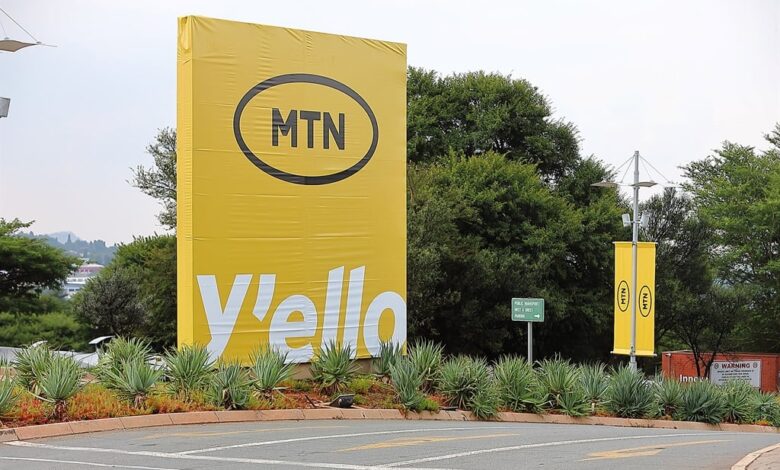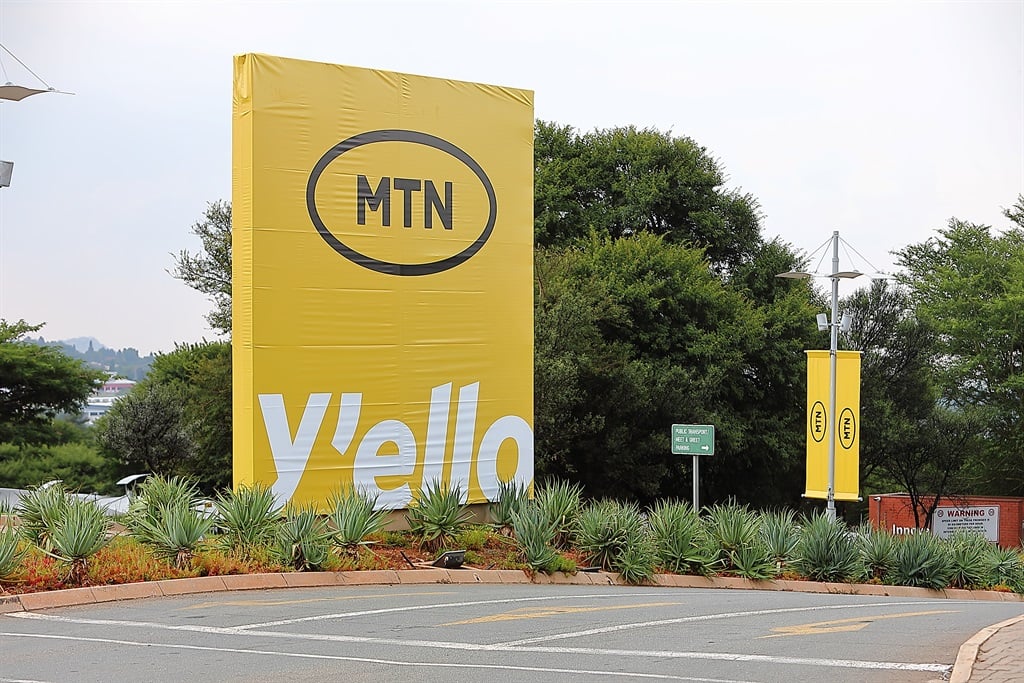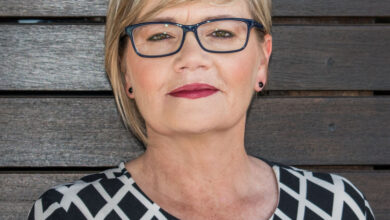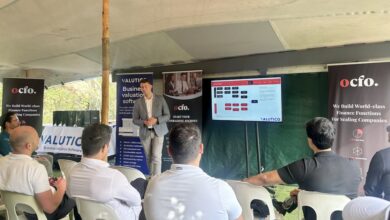MTN Group Disposes MTN Afghanistan For $35 Million

MTN Group Disposes MTN Afghanistan For $35 Million. Telecommunications giant MTN Group has announced that it has entered into agreements with M1 New Ventures in order to sell its shares in MTN Afghanistan as it plans to exit the Middle East region.

In a statement the company said, “In line with our Ambition 2025 strategy, the Group announced progress with Middle East exit plans, having entered into agreements with M1 New Ventures to dispose of the shareholding in MTN Afghanistan for a gross consideration of US$35 million, subject to transition agreement and regulatory approvals.”
MTN Group is Africa’s largest mobile network operator, providing voice, data, fintech, digital, enterprise, wholesale and API services to more than 275 million customers in 19 markets. The company’s purpose is to enable the benefits of a modern connected life to everyone. Inspired by Africa’s potential, it is committed to bridging the digital divide, furthering financial inclusion and advancing the attainment of the United Nations Sustainable Development Goals through its core business activities and its support to governments, communities and customers.
M1 Group is a conglomerate that owns, manages and oversees investments and subsidiaries in diverse sectors such as telecommunications, real estate, aviation, fashion and retail, energy, industrial and FMCG. Its story begins in the 1970s, when two brothers decided to build a company on the values of honesty, hard work and the desire to lead the way. Having built firm foundations in the construction industry, Taha and Najib Mikati ventured into the telecom market. Their vision was to develop and produce innovative solutions in mobile and satellite communication.
MTN was established in South Africa at the dawn of democracy in 1994 as a leader in transformation. Since then, the company has grown by investing in sophisticated communication infrastructure, developing new technologies and by harnessing the talent of its diverse people to offer services to communities in Africa and the Middle East, but now it has officially exited the Middle East.




